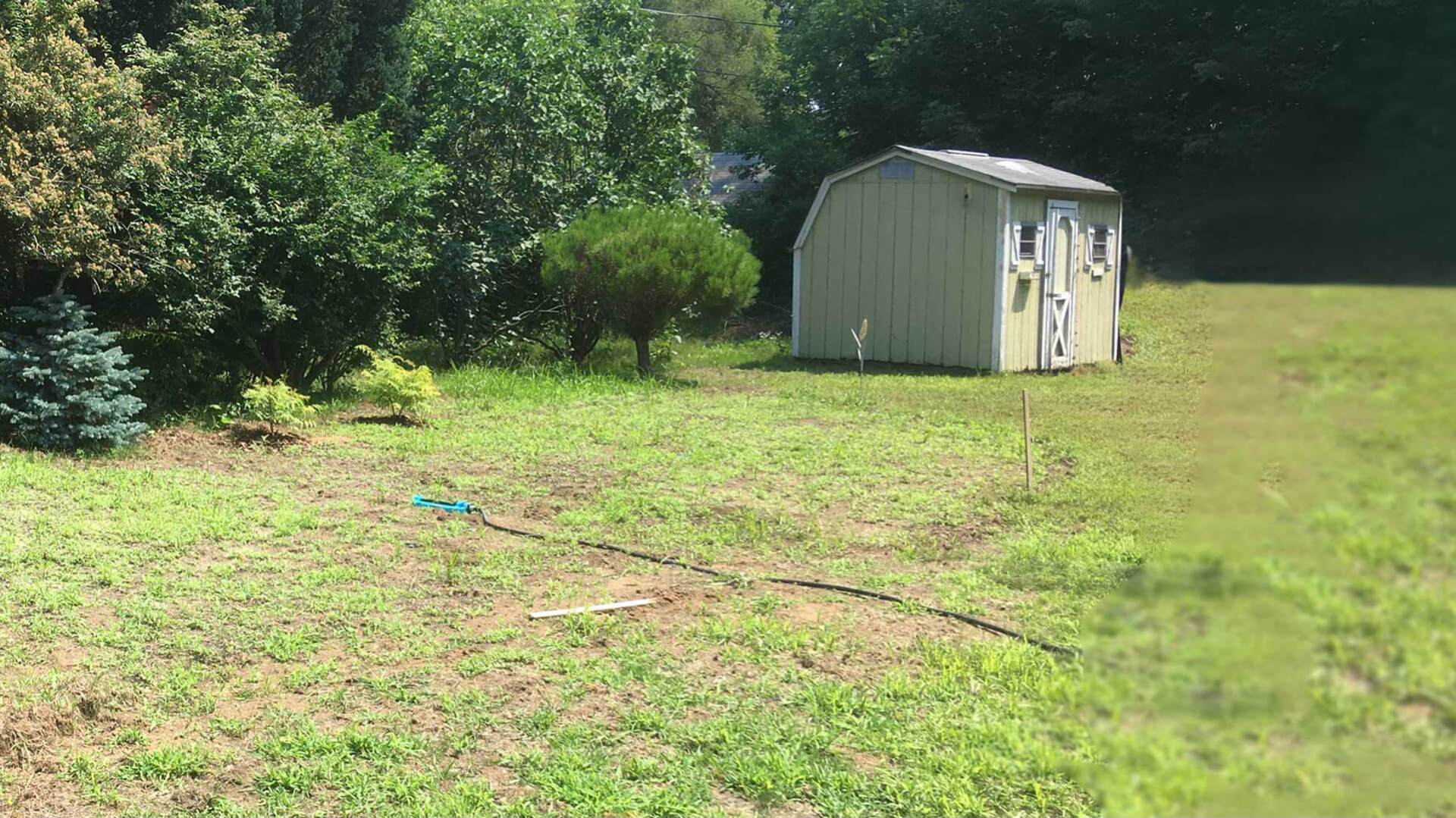One Reddit user is changing the way the internet thinks about lawns. In a post shared on the r/NoLawns forum, they shared a before-and-after image of their lawn after a two-year transformation.

The photo's caption indicates that the section of the yard shown is only a third of the entirety of the plot. While the first photo shows a space devoid of life, the second shows a living landscape peppered with flowers, tuteurs, and a ton of color.
According to the poster, they jump-started their yard's lushness by adding seeds, plugs, and grasses to the landscape. They are also waiting on climbing native roses to pop up.
In the comment section, the poster describes their methodology for selecting certain plant species. Since the yard is located in southwestern Michigan, the homeowner selected plants that were acclimated to that area — as well as drought- and deer-tolerant.
The user also explained that they planted as many "keystone" species as possible with a ratio of 80% native to 20% non-native.
Transforming a yard with endemic species is not only ecologically compatible with the surrounding landscape, which helps support pollinators and species that feed on the plants, but it also increases the ecological stability of an area.
Planting more than just a monoculture — a singular crop of something, like grass — makes a space more resilient to diseases and ecological change. This is because the plants are better suited to the environment and because the ailment may not affect all of the plants in an area.
People also reap the financial benefits of planting a diverse yard. Since the plants are drought-tolerant, this Redditor won't have to spend as much money or time watering the lawn to maintain its vibrancy.
Selecting deer-resistant plants also reduces the number of seeds and plants that the homeowner will have to purchase after the wildlife has had their fair share.
Commenters were stunned by the beautiful transformation. "Love this and gives me hope for my yard. Thanks for sharing," one wrote.
"This looks absolute terror for my allergies and I would still spend most time in that backyard. Monoculture needs to die," another shared.
Join our free newsletter for easy tips to save more, waste less, and help yourself while helping the planet.









